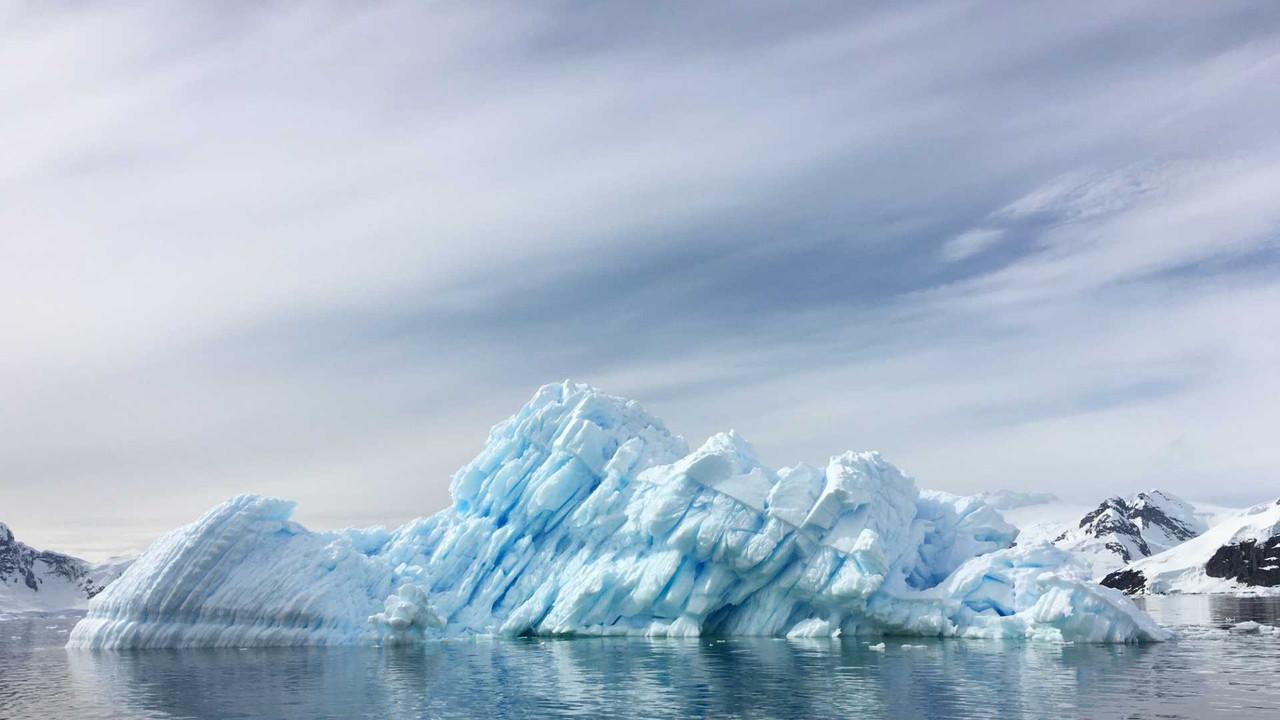Antarctica
Vacation and Leave Policies
Understand the regulations on vacation and other types of leave in Antarctica

Holiday leave
In Antarctica, the vacation leave entitlements for personnel are dependent on several factors. These include the nationality of the individual, the employing organization, and the Antarctic Treaty System. The labor laws of the employee's home country generally dictate their vacation rights. Scientific bases and research stations, often operated by individual nations, follow the labor codes of their respective countries, even when in Antarctica. The Protocol on Environmental Protection to the Antarctic Treaty does contain provisions regarding working conditions but doesn't explicitly outline vacation leave standards.
Australian Antarctic Division Example
For instance, employees of the Australian Antarctic Division (AAD) are governed by Australian law. The Department of the Environment and Energy Enterprise Agreement 2016-2019 is the relevant source. Under this agreement, AAD employees are entitled to a minimum of 30 days of annual leave, with additional loading when on assignment in Antarctica.
Considerations to Keep in Mind
The extreme climate and limited operational season in Antarctica might influence how vacation leave is scheduled and taken by personnel. For specific vacation entitlement information, it's essential to consult the labor laws of your home country, the policies of your employing organization in Antarctica, and any applicable enterprise agreements or collective bargaining agreements.
Public holidays
Antarctica, with its focus on scientific research and international collaboration, does not have official public holidays that apply to the entire continent. However, the observance of holidays in Antarctica is generally decentralized and depends on the specific research stations, programs, and nationalities involved.
National Holidays
Research stations and bases operated by various countries often observe the public holidays of their respective nations. For instance, a US base might celebrate Thanksgiving, while a Chilean base might observe Chilean Independence Day.
Religious Holidays
Some individuals in Antarctica might choose to observe religious holidays based on their personal beliefs and backgrounds.
Significant Dates
One significant date recognized by the international Antarctic community is Antarctica Day, which falls on December 1. This day commemorates the signing of the Antarctic Treaty in 1959. Some stations and bases hold special events to mark this day.
Types of leave
The types of leave available to personnel in Antarctica are complex due to the absence of a single, unified labor law for the continent. The primary determinant of leave types is the employee's nationality and the labor laws of their home country. Additionally, research stations and bases usually adhere to the regulations of their operating nation. Employment contracts or enterprise agreements may outline specific leave provisions that could be more generous than the statutory requirements.
Nationality and Employing Organization
- Governing Labor Laws: The primary determinant of leave types is the employee's nationality and the labor laws of their home country. Additionally, research stations and bases usually adhere to the regulations of their operating nation.
- Specific Contracts: Employment contracts or enterprise agreements may outline specific leave provisions that could be more generous than the statutory requirements.
Types of Leave Typically Available
While subject to the factors mentioned above, common types of leave observed in Antarctica can include:
- Annual Leave: Personnel generally have an annual leave entitlement determined by their home country's labor laws or their specific contract.
- Sick Leave: Provisions for paid sick leave are often in place, with eligibility and duration depending on governing laws.
- Maternity/Paternity Leave: Maternity leave is likely available to female employees, and some jurisdictions or workplaces might offer paternity leave.
- Special Leave: Some organizations may allow for special leave categories (e.g., compassionate leave, study leave), depending on their policies.
Example: Australian Antarctic Division
Personnel working for the Australian Antarctic Division (AAD) are governed by Australian law, such as the Department of the Environment and Energy Enterprise Agreement 2016-2019. This agreement outlines provisions for:
- Annual Leave
- Personal Leave (sick leave, carer's leave)
- Maternity and Parental Leave
- Long Service Leave
Important Considerations
- It's essential to consult the following for precise leave information for Antarctic personnel:
- Labor laws of your home country
- Policies and contracts of your employing organization in Antarctica
- The remote and demanding conditions in Antarctica might necessitate unique leave arrangements.